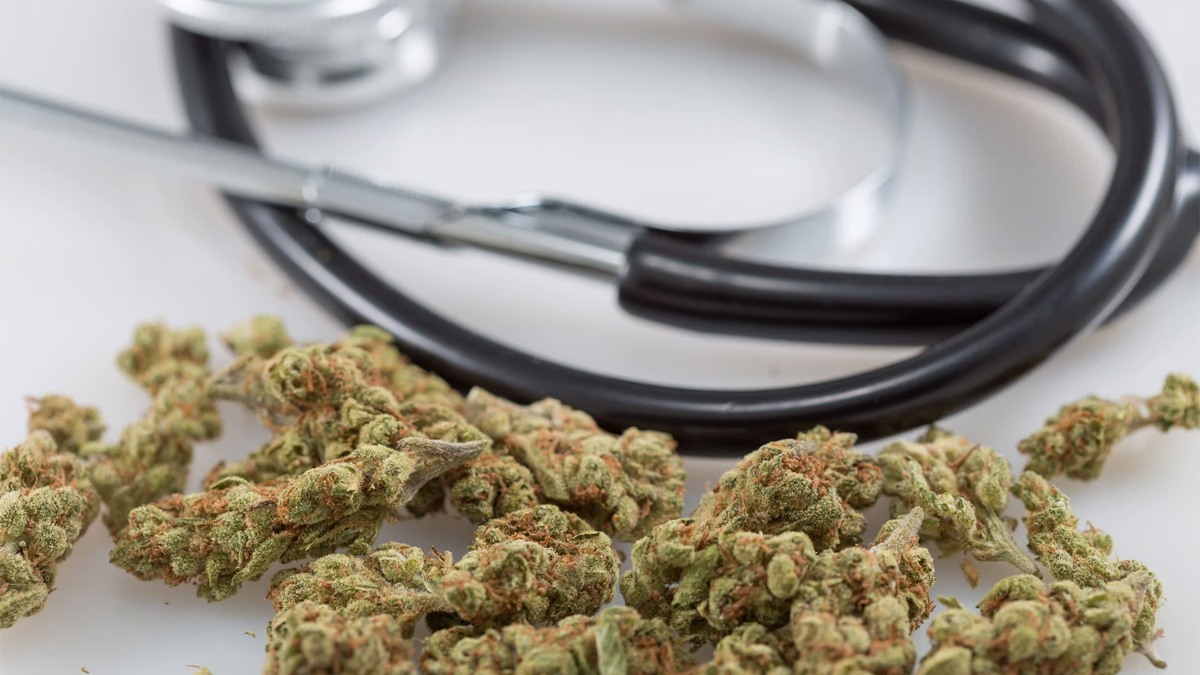Nationwide marijuana legalization in all states would grow annual cannabis tax revenue to $8.5 billion, according to a new report from a nonprofit think tank that includes a “blueprint” for taxing sales.
The Washington, D.C.-based Tax Foundation is proposing a state and federal marijuana tax model that keeps costs relatively low to mitigate illicit sales while imposing higher rates on more potent products. It says the current patchwork of state cannabis laws that mostly tax by sales price is “chaotic,” and while marijuana remains federally prohibited, it’s worth considering the pros and cons of establishing a new framework that takes into account revenue and public health.
“The design of an excise tax is important. Well-designed taxes generate revenue with far less societal impact than poorly designed taxes,” it says.
In terms of revenue, marijuana sales brought in nearly $3 billion in tax revenue for legal states last year, the report says. But it projects that would nearly triple to $8.5 billion in revenue if cannabis were legalized across the country.
In theory, it might make sense to tax marijuana in line with how alcohol and tobacco are taxed, but the foundation said the problem is that “cannabis markets have not evolved a standardized product like tobacco, where taxes can be levied by stick (cigarette) or pack, nor is the intoxicating ingredient (THC) as easily measured as alcohol content for an appropriately targeted tax.”
Instead, the report says marijuana should be taxed by potency “where possible.” And if it’s “impractical” to measure THC content, products should instead be taxed by weight.
Either approach, the organization says, would be better than the one currently used in many states that taxes cannabis as a percentage of sales price.
“The weight-based approach would capture harm derived from the use of smokable products. Eventually, when product testing for THC content in plant materials becomes less costly, products taxed by weight can transition into being taxed by potency,” it says. “In the short term, a weight-based approach captures externalities better than an ad valorem system and is simple enough to allow new products to enter the market without prohibitively high barriers to product testing simply for tax purposes.”
“Taxes by potency grow as THC content increases in the product, making more concentrated products more expensive and yielding more revenue, reflecting higher societal costs associated with more potent products,” the report continues. “A specific, separate category should be created for edibles and concentrates as they are easier to test. Neither weight nor potency are perfect, but both are substantially better proxies than price-based taxes.”
The Tax Foundation also described three key “lessons” from state experiences taxing marijuana that policymakers should keep in mind:
- The report says cannabis tax rates “should be low enough to allow legal markets to undercut, or at least gain price parity with, the illicit market.” Setting too high of a tax rate has impaired the ability of certain states to effectively mitigate unregulated sales.
- States have shown that the “revenue potential from legal marijuana markets is significant,” but it may take years to start materializing and. Even then, tax revenue could be “volatile,” especially under certain tax models.
- The foundation said “consistency across jurisdictions is important,” and that will become even more relevant once interstate commerce is authorized. For example, companies could end up paying twice as much in taxes if the originating state taxes based on raw flower while the receiving state taxes at the retail level at the point of sale. Conversely, “product exported in states with only retail taxes into states with only raw material taxes may go untaxed altogether.”
“Legal markets for cannabis products are still in their infancy, as are the tax policies applied to those markets,” Adam Hoffer, director of excise tax policy at the Tax Foundation, said in a press release on Thursday. “A simple, low-rate, and low-cost tax system has the potential to raise significant amounts of revenue, while simultaneously decreasing social harms from cannabis by bringing illicit market transactions into a legal market framework.”
The majority of state marijuana markets currently impose an excise tax on cannabis products, with rates that range from six percent in Missouri to 37 percent in Washington State. Some states such as Connecticut and New York have incorporated potency-based tax policies into their systems, but it’s much rarer.
While congressional lawmakers have introduced various proposals that would impose an additional federal tax on cannabis, those measures aren’t expected to advance in the short-term. But the U.S. Census Bureau is nonetheless tracking state-level cannabis tax trends, launching an interactive map in October that details the proportion of state revenue made up by marijuana tax dollars, for example.
In September, the agency published a report showing that legal cannabis states had collected more than $5.7 billion in marijuana tax revenue over an 18-month period, a figure it intends to update quarterly going forward. Census also recently updated its survey of private businesses to better capture marijuana-related economic activity.
Meanwhile, the Congressional Research Service (CRS) released a report last month cautioning that if cannabis is eventually federally legalized, lawmakers should consider the potential unintended consequences of imposing high federal taxes on marijuana products.
Keep out of reach of children. For use only by adults 21 years of age and older.










